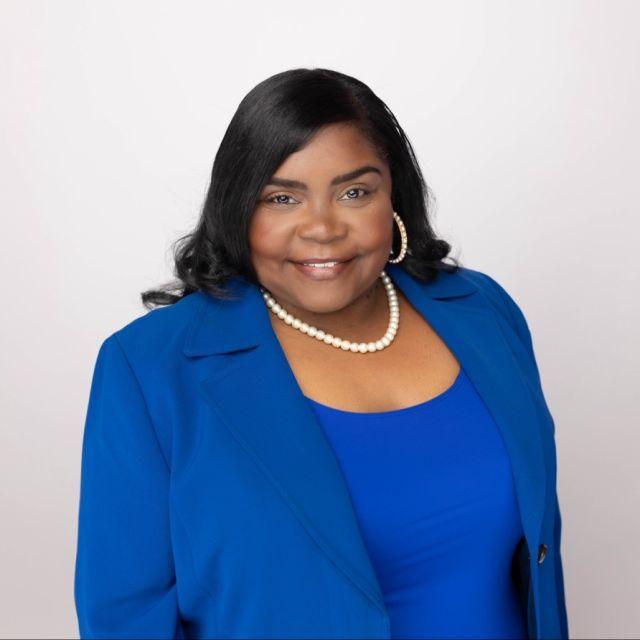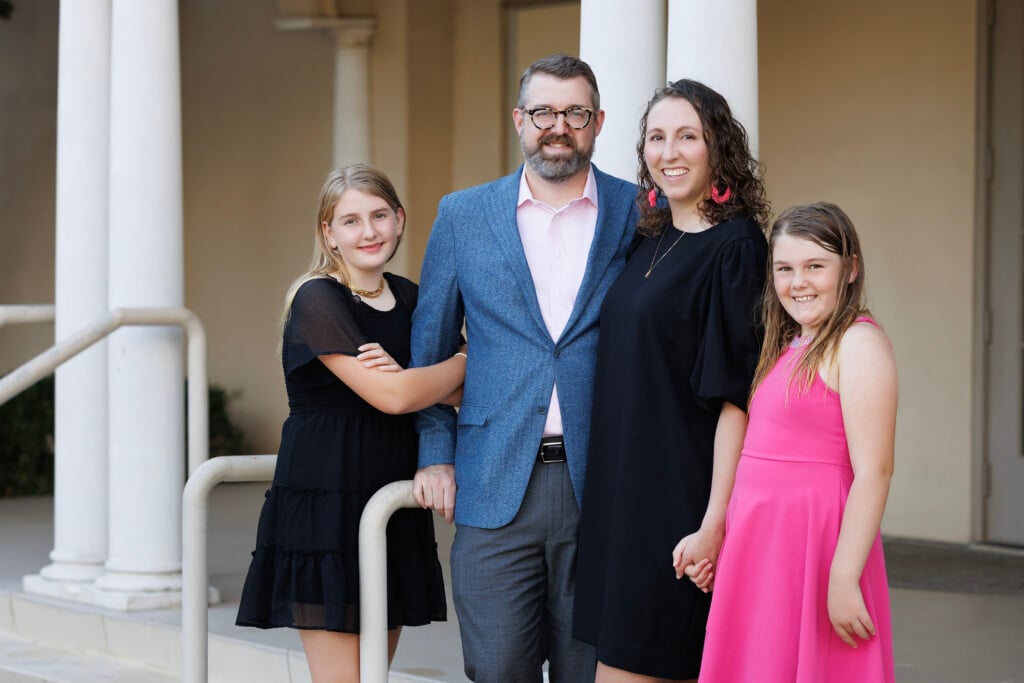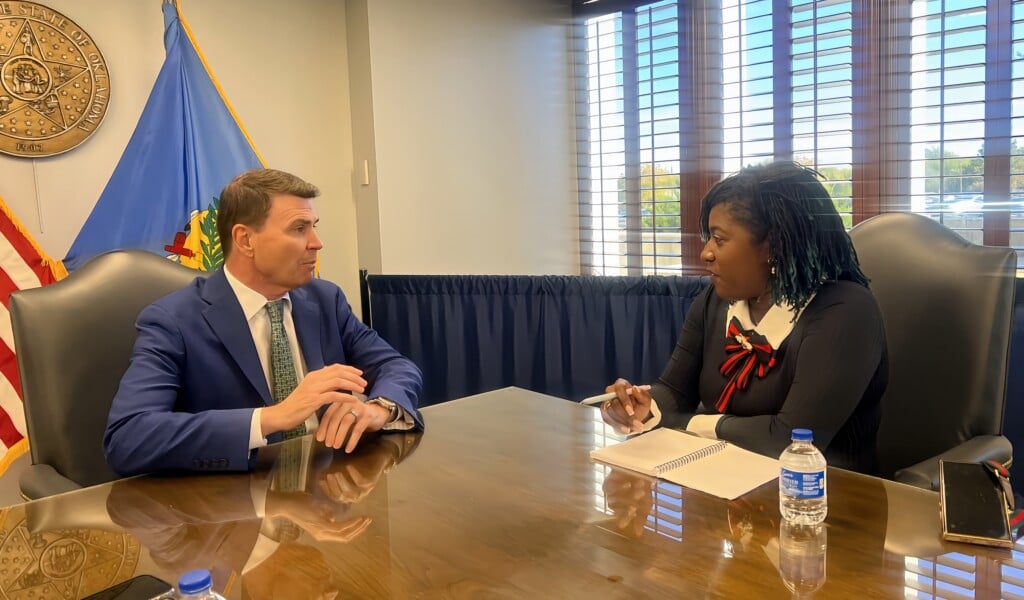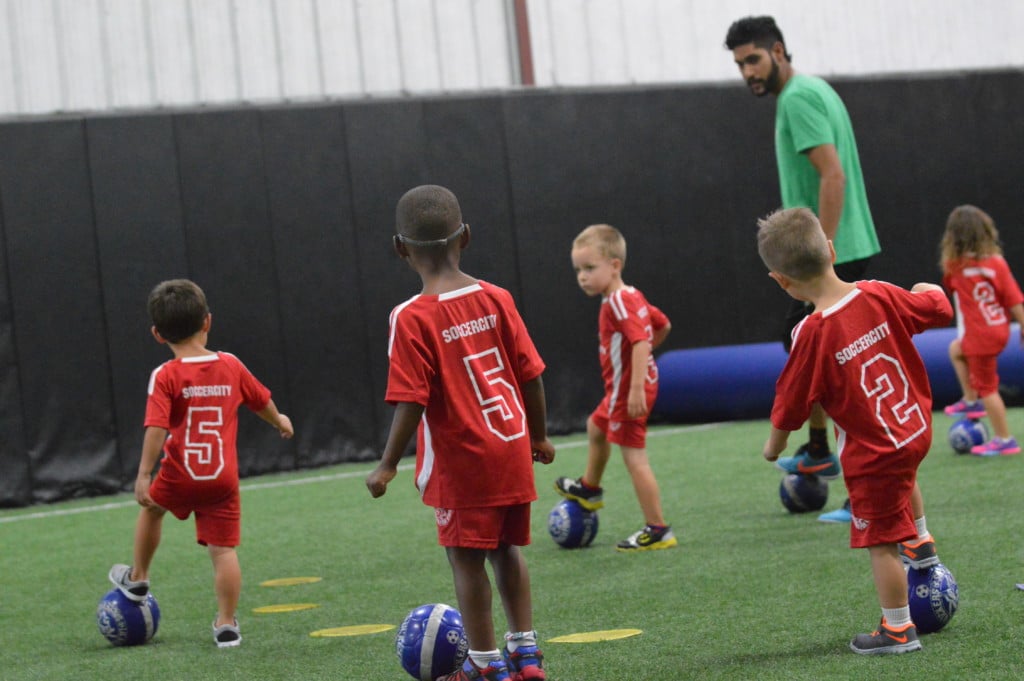Black History Saturdays: A Movement for Every Generation
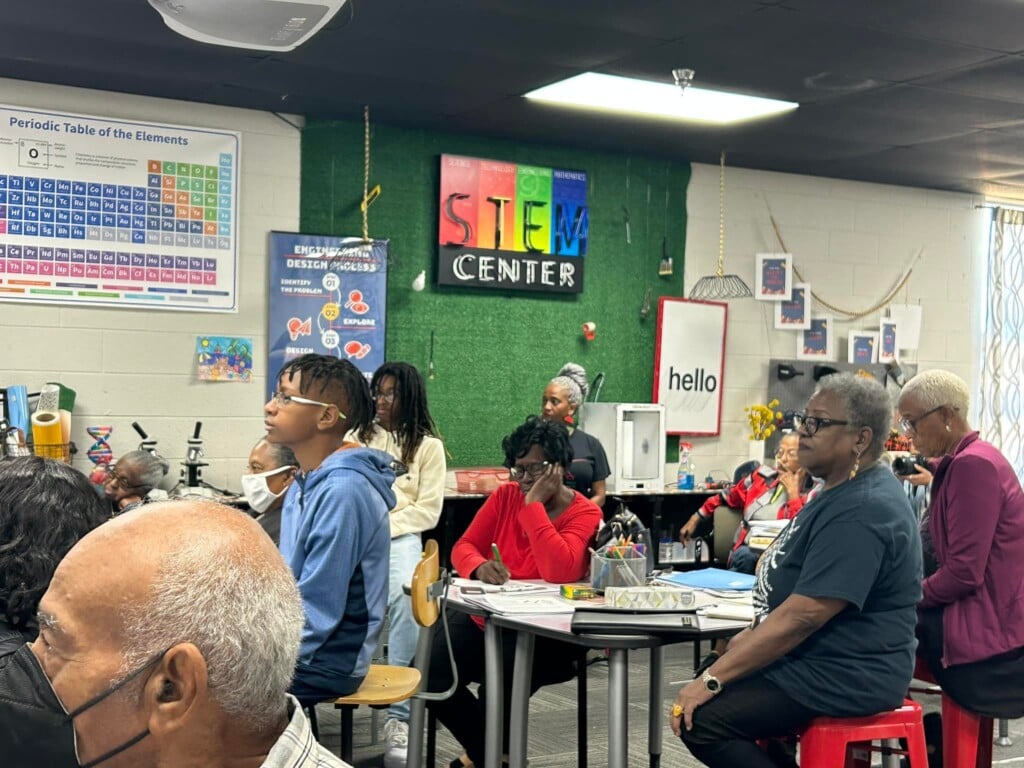
In a nation where the teaching of Black history has become a battleground, one program in Tulsa, Oklahoma, stands as a testament of resistance and education. Black History Saturdays, founded by Kristi Orisabiyi Williams, is more than a local initiative—it’s a national movement to reclaim and celebrate Black history. Kristi, a 1921 Tulsa Race Massacre descendant and Creek Freedmen descendant, was inspired to launch the program as a direct response to the political climate that seeks to limit the teaching of Black history, particularly in schools.
Through Black History Saturdays, Williams has created a space where young people, families and the broader community—regardless of race—can come together to learn about the untold stories of Black Americans, reclaim their history and build a stronger, more inclusive future. What started as a response to restrictive policies like Oklahoma’s HB 1775 has become a powerful and inclusive educational movement, reaching people of all ages across Tulsa and beyond.
A Legacy of Resilience
Williams’ 10th grade history teacher inspired Williams to start Black History Saturdays.
“In 10th grade, my Black history teacher, Mr. Roundtree, taught me that my history didn’t begin with slavery,” she recalls. “He showed me I was a product of African Kings and Queens. That class changed how I saw myself.”
This revelation gave Williams a profound pride and self-worth that shapes her today.
In the face of laws like HB 1775, which seeks to restrict how Black history is taught, Williams felt compelled to act. “I got exhausted fighting against people who wanted to erase Black history, so I decided to stop fighting them and just do it myself,” she says.
Black History Saturdays was her response to this challenge—creating a space to teach Black history and ensure future generations are not deprived of their heritage.
Her efforts did not go unnoticed. In 2024, Williams was named a National Geographic Explorer, an honor that has helped expand and sustain Black History Saturdays. However, the program’s impact on the community defines its success.
A Community of Learners
While young people weren’t initially eager to give up their Saturday mornings, the program has captivated them.
“The youth weren’t thrilled at first, but now they’re excited to come back every week,” Williams says.
Adults, who now make up the largest group of participants, have also enthusiastically embraced Black History Saturdays. This intergenerational approach has made the program a unique space for connection and learning.
One of the program’s most notable achievements is establishing a banned book library, providing access to stories and histories others have sought to suppress. Williams’ goal is clear: Black History Saturdays serves as a lifeline to preserve and share the stories that matter.
It’s more than just learning about the past—it’s about creating a space where people can engage with history in an interactive and meaningful way. “We do storytelling, archaeology and discussions, all designed to uncover the untold stories that have been buried by systemic efforts to erase them,” Williams explains. “We’re challenging the narrative of erasure and creating a community of learners who are powered to pass these histories on to future generations.”
Reclaiming Our Roots
Williams’ work is deeply personal. As a descendant of the 1921 Tulsa Race Massacre, her urgency to reclaim Black history is ever-present.
“My Great Aunt Janie was in the Dreamland Theater during the massacre,” Williams shares. “This work is not just something I’m doing—it’s in me.” For Kristi, sharing these stories is a way to honor her ancestors and ensure that others can do the same.
One of the most touching moments in the program’s history was when Margaret Love, affectionately known as Mama Love, attended her first class at age 80. “She was moved to tears when she saw people of all ages coming together to learn and celebrate Black history,” Williams recalls. “Mama Love’s reaction is a testament to why this work is so important.”
Black History Saturdays is a place for people to reconnect with their history in a way that affirms their identity and legacy. It’s not just a class—it’s a long-overdue opportunity to learn, unlearn and grow together.
Inspiring Future Leaders
At the heart of Black History Saturdays is the goal to empower the next generation of leaders.
“When young people learn about their rich traditions of innovation, resilience and leadership, it reshapes their self-perception,” Williams says.
By teaching them that their history stretches far beyond slavery and includes moments of triumph and resilience, Black History Saturdays equips students of all ages with the tools to understand their place in the world.
Williams envisions the program inspiring young people to take pride in their identity, feel grounded in their history, and to use that knowledge to make a positive difference in their communities.
“When young people know who they are and where they come from, they’ll walk confidently,” Williams says. “That’s how we produce leaders.”
The program’s oldest participant is 90 years old, highlighting its appeal across generations. “Our oldest participant is 90, and she’s just as excited to learn as the youth,” Williams says. “This is a program for everyone, regardless of age or background.”
A Call to Action
Black History Saturdays is not just for Black people—it’s a program that invites everyone to engage with history, learn from one another and build a more inclusive community. Williams encourages families and individuals of all backgrounds to participate: “It’s a movement to reclaim, celebrate and pass down the rich legacy of Black history that belongs to all of us,” she says.
By participating in Black History Saturdays, individuals can help create a more inclusive, informed and empowered community. Whether attending, supporting or volunteering, there are many ways to get involved. Williams emphasizes the importance of donating books, as the program is always seeking resources to expand its banned book library and offer more educational materials.
To join the movement and participate in Black History Saturdays, visit Black History Saturdays. Your involvement will help ensure that Black history is celebrated year-round and passed on to future generations.
“Together, we’re building a foundation of knowledge, pride and unity that will strengthen our communities and ensure a brighter future for all,” Williams says.
 Dr. Tamecca Rogers serves as Director of Student Access and Success at Tulsa Technology Center. An award-winning author and filmmaker, she is committed to diversity, equity and inclusion in all her endeavors. Photo by Denice Toombs-Dotson with Lasting Impressions Photography.
Dr. Tamecca Rogers serves as Director of Student Access and Success at Tulsa Technology Center. An award-winning author and filmmaker, she is committed to diversity, equity and inclusion in all her endeavors. Photo by Denice Toombs-Dotson with Lasting Impressions Photography.
